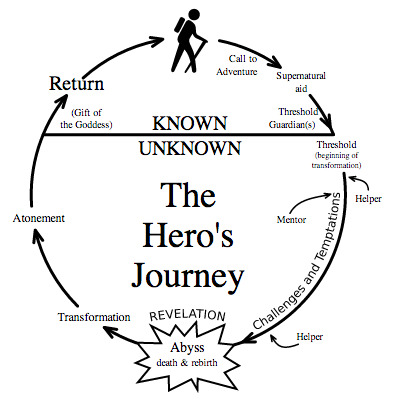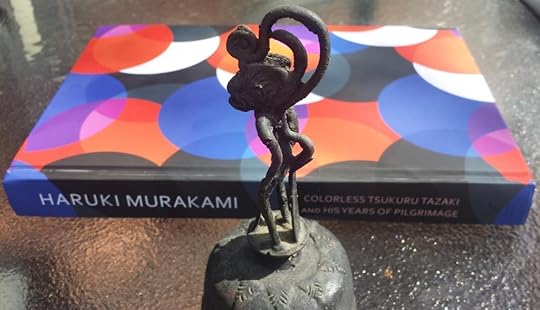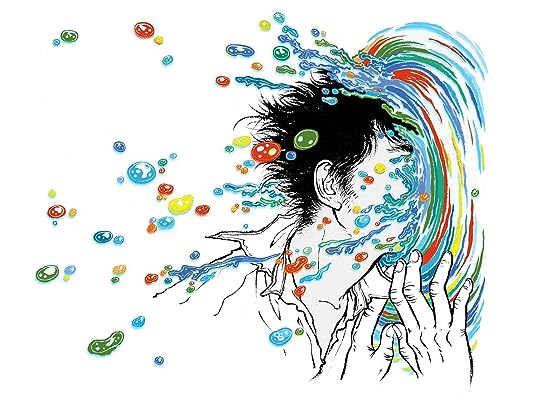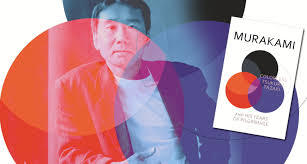What do you think?
Rate this book


328 pages, Paperback
First published April 12, 2013
The piece seems simple technically, but it’s hard to get the expression right. Play it just as it’s written on the score and it winds up pretty boring. But go the opposite route and interpret it too intensely, and it sounds cheap.The intricacies of the novel would fall flat if inked by lesser authors, yet Murakami applies the lightest touch and allows each moment to sing with grace.
Their hair is always nicely curled. They major in French literature at expensive private women’s colleges, and after graduation find jobs as receptionists or secretaries. They work for a few years, visit Paris for shopping once a year with their girlfriends. They finally catch the eye of a promising young man in the company, or else are formally introduced to one, and quit work to get married. They then devote themselves to getting their children into famous private schools.Passages such as this are sure to raise a few eyebrows and dismisses the agency and interior worlds of women as well as ignores the social issues that create massive equity barriers for women to exist in the workplace. For a really good look at these issues check out the novel Kim Jiyoung, Born 1982.










”The original purpose, like I said, was to help out at an after school program. This was where we all met and we all felt strongly about it—it remained an important collective goal. But as time passed, simply becoming a community ourselves became a goal too.”
“You mean maintaining the group itself, and keeping it going, became one of your aims?”
“I guess so.”
Sara narrowed her eyes in a tight line. “Just like the universe.”

”I had a particularly malodorous bowel movement the other day. Once I had finished with my regular habits, I flushed the offensive matter down the drain. But as time passed, the scent continued to linger.”
“You mean maintaining the smell, became the aim of the feces?”
“I guess so.”
Sara narrowed her eyes in a tight line. “Just like the universe.”





Life is long, and sometimes cruel. Sometimes victims are needed. Someone has to take on that role.